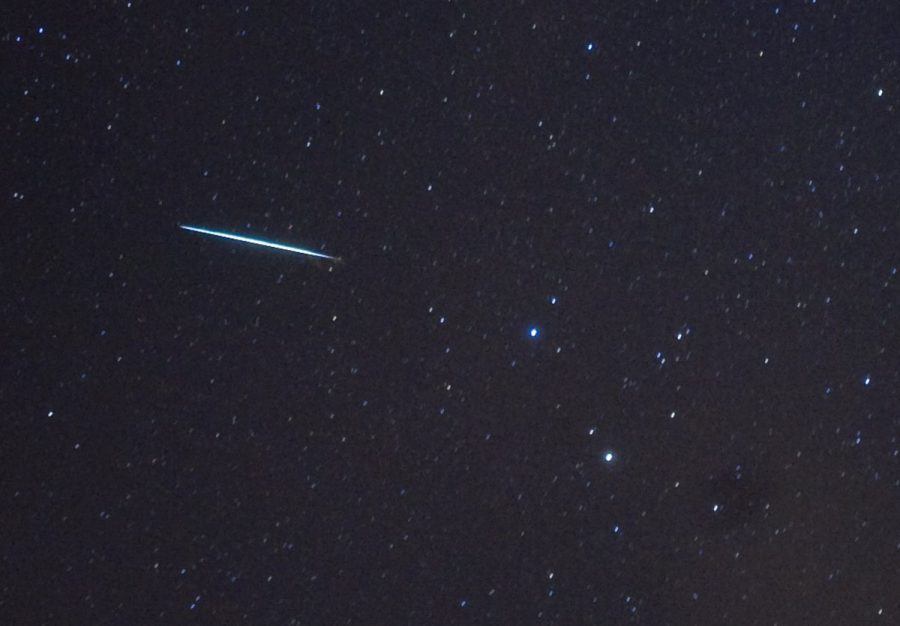Reoccuring Radio Signals from Light Years Away
January 22, 2019
Since the early 2000s, astronomers have noted and recorded radio pulses from the distant reaches of the cosmos. These pulses, dubbed ‘fast radio bursts’ (or FRBs) are rarely occurring, and are difficult to study (because they last just milliseconds). However, for the second time in history, radio telescopes have detected an FRB 1.5 billion light-years from Earth, which repeated in 6 instantaneous bursts. This finding invokes the question: What is causing these radio signals? Many were quick to point to extraterrestrial life, which is an exciting but unlikely conclusion. Contrarily, scientists hypothesize that the pulses originate from a rapidly-rotating neutron star. These neutron stars rotate due to the conservation of angular momentum when they are formed. Despite its unclear source, the reoccurring FRB thrills astronomers. The radio telescope responsible for the finding is not even operating at its full capacity, so scientists are hopeful to detect more FRBs in the coming years. Addressing the significance of the findings, Ingrid Stairs of the University of British Columbia referred to FRBs as “cosmic puzzles,” which astronomers everywhere are surely eager to delve deeper into and eventually piece together.
